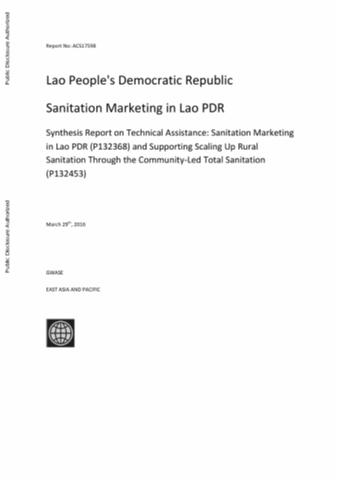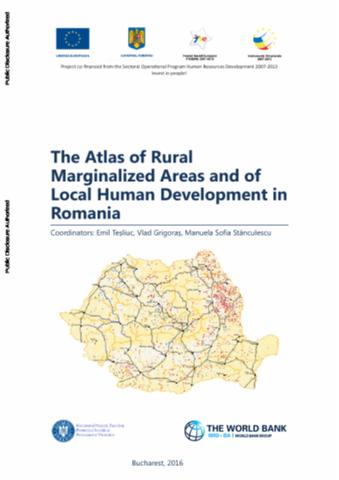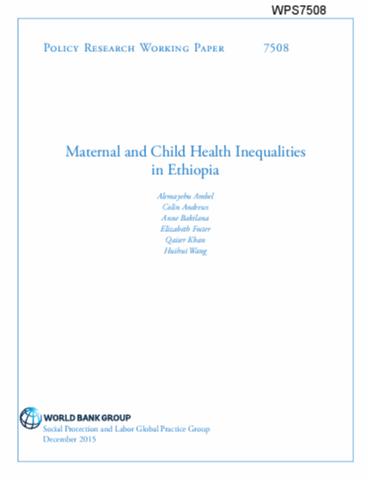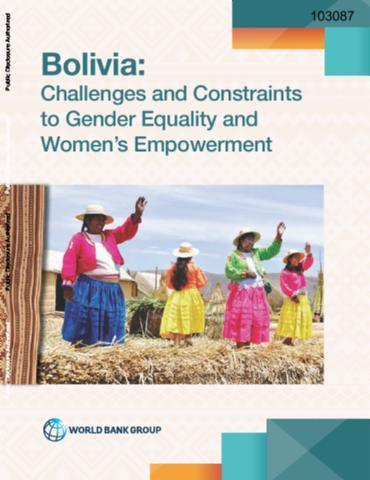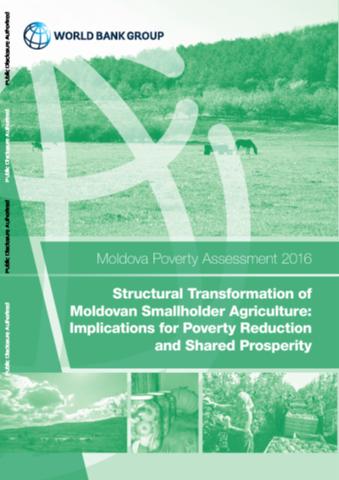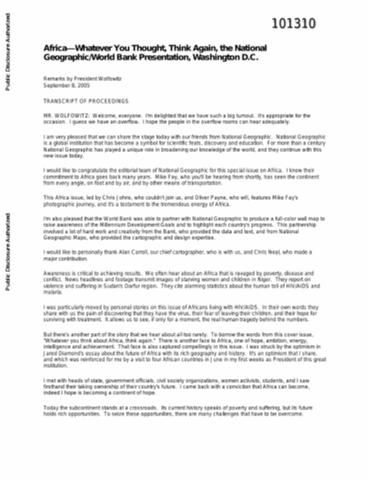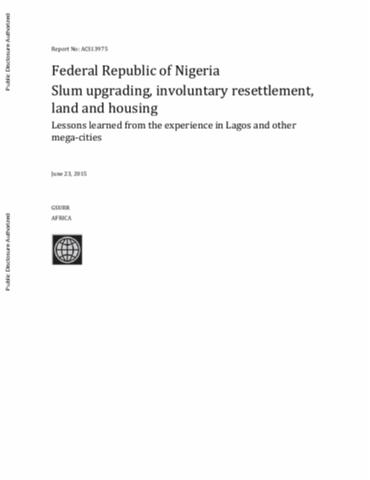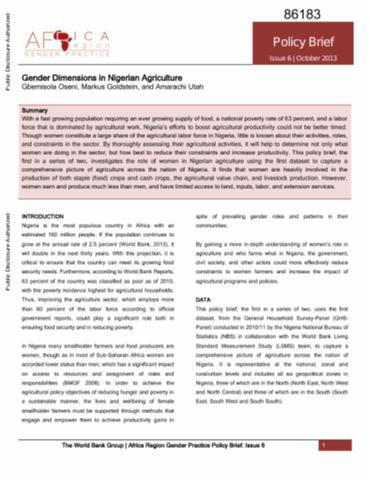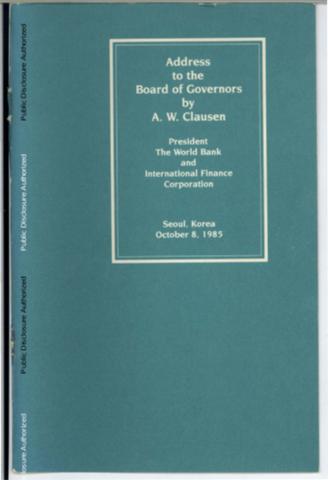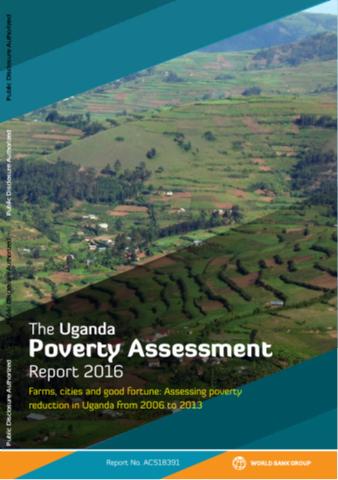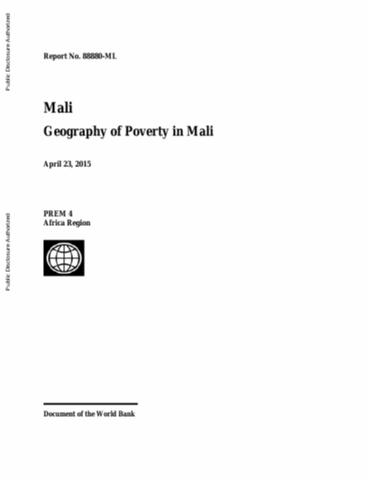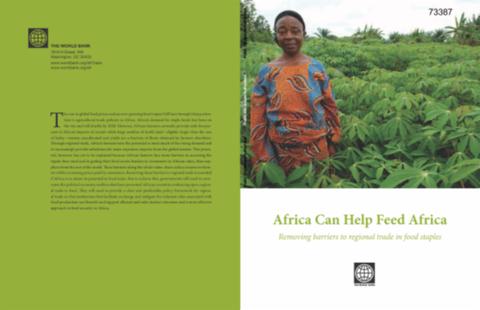Sanitation Marketing in Lao People's Democratic Republic
This report summarizes the results, lessons and recommendations to the Government of Lao PDR from two Technical Assistance projects (TA) “Supporting Demand Creation for Sanitation through Community Led Total Sanitation” and “Sanitation Marketing in Lao PDR” carried out by the World Bank’s Water and Sanitation Program between October 2012 and December 2015. The development objective of the TAs was to increase improved sanitation and hygiene practices and change community behavior to achieve Open Defecation Free (ODF) status at the village level.

